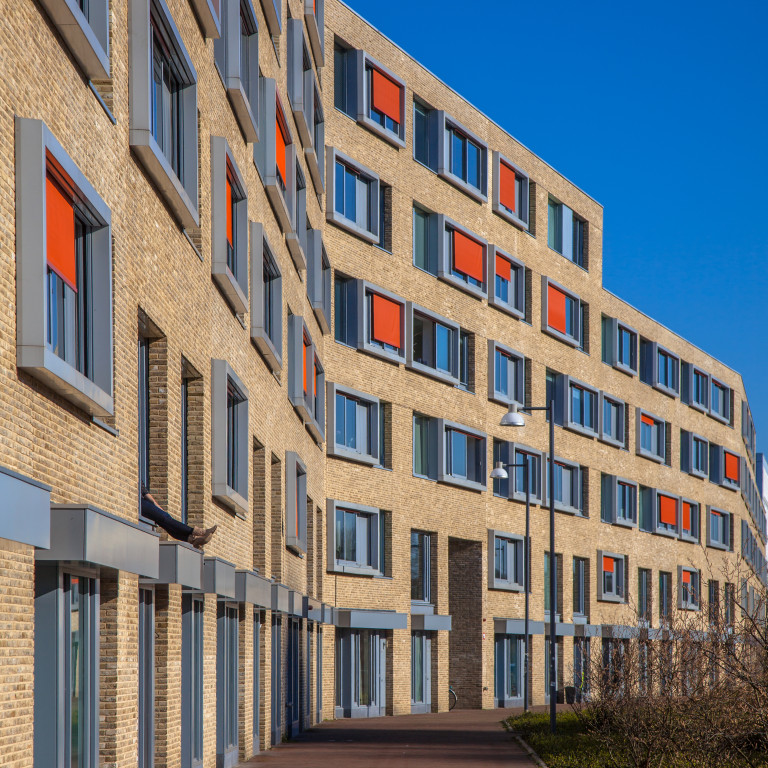A recent case has highlighted the importance of the right to light easement.
What is the right to light?
The right to light is an easement that gives a landowner the right to receive light in buildings on their land.
The background to the case
The Claimant (‘Beaumont’) was the lessee of an office building in the City of London which it occupied for the purposes of its business, the provision of high class serviced offices and business services. Beaumont sought an injunction, alternatively damages, against the defendant, the freehold owner of the adjacent building. Beaumont claimed that the defendant’s extension of its building had interfered with its rights to light.
The affected part of Beaumont’s building was relatively poorly lit before the infringement, and, like many offices, electric lighting was used. The defendant argued that where a room is already badly lit, making it darker still is not an actionable nuisance. It also argued that an interference which translated to only a small amount of loss of rental or capital value should not be regarded as substantial, even though the loss is more than de minimis.
The court rejected this argument. It held that to establish a claim in nuisance Beaumont needed to prove that the reduction in light to its premises had made them substantially less comfortable than before. In practice this meant that it must show that by virtue of the light reduction it was likely to suffer a loss of rental income over the course of its lease which was more than de minimis. It was therefore irrelevant whether the premises were well lit before the reduction.
What was the decision?
- It was accepted that the reduction in light had caused, at least to some extent, a reduction in Beaumont’s rents. Beaumont had therefore established that the reduction in light had caused a substantial interference with its rights so as to amount to a nuisance.
- The court rejected Florala’s argument that an injunction should not be granted because Beaumont’s purpose throughout had simply been to extract a ransom payment from Florala and that it did not have a genuine concern about the interference with its light. Beaumont was a high-end luxury serviced office provider and the market it was operating in was becoming increasingly more competitive. Every little shift in advantage or disadvantage mattered. It was understandable therefore that Beaumont should be concerned that it was not prejudiced by the reduction in light.
- It would be appropriate to grant an injunction ordering the defendant to cut back its development. The premises were, however, occupied by a tenant, who had been granted a long lease after the claimant had first complained about the infringement, but who was not a party to the proceedings. Judgment was accordingly given for Beaumont in the form of a declaration that, as against the defendant, Beaumont was entitled to an injunction and that if, so advised, it might join the tenant to the proceedings to seek an injunction. Failing that, Beaumont would be entitled to damages in lieu of an injunction in the sum of £350,000.
How does this affect housing associations?
This was the first decision since the ruling of the Supreme Court in Coventry v Lawrence to declare that an injunction requiring demolition of an interfering part of a building was an appropriate remedy in a rights of light case.
Find out more
Our Affordable Housing team have over 25 years’ experience in this sector, forming close working relationships with their housing clients. To find out more about the areas they advise on and their bespoke services please visit their hub page or contact a member of the team.






